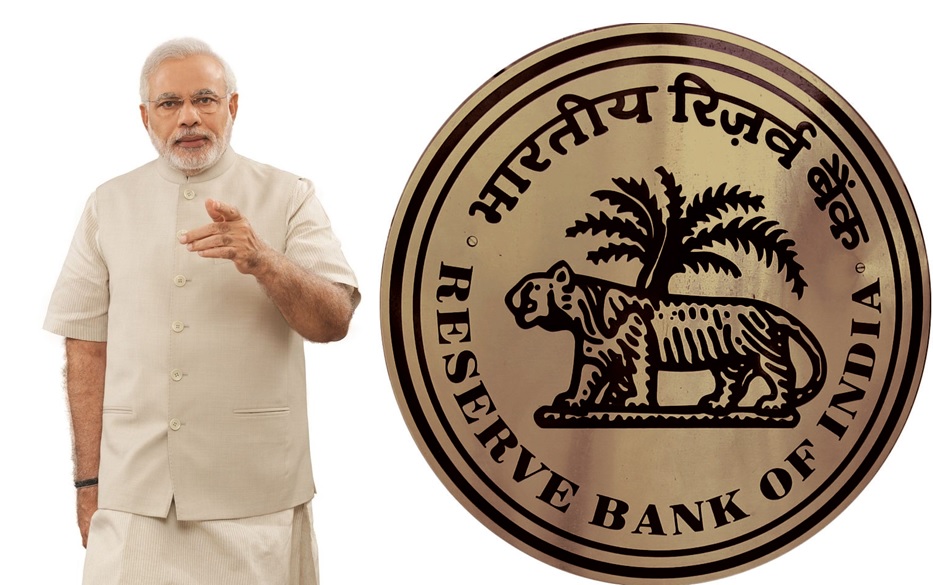In the last five years, Indian banks have written off approximately ₹10.6 lakh crore, with nearly 50% of the amount linked to large corporate entities, according to a government announcement in the Lok Sabha. Minister Bhagwat Karad clarified that these write-offs do not absolve borrowers from repayment, revealing that 2,300 high-value loan defaulters owe ₹2 lakh crore. The write-offs, as per Reserve Bank of India (RBI) guidelines, involve removing NPAs from a bank’s balance sheet after four years, with full provisioning.
Minister Karad emphasized that write-offs do not waive borrowers’ repayment liabilities, and the recovery process for dues from written-off loan accounts continues. Banks pursue recovery actions through various mechanisms, including civil suits, Debt Recovery Tribunals, action under financial acts, cases in the National Company Law Tribunal, negotiated settlements, compromises, and non-performing asset sales. Notably, the government does not incur any expenses on corporate loan write-offs.
While Minister Karad did not disclose individual borrowers’ names, citing the RBI Act, he stated that all Scheduled Commercial Banks collected ₹5,309.80 crore as penal charges during the financial year 2022-23. In response to another question, Karad reported that, as of March 31, 2023, 2,623 unique borrowers were classified as wilful defaulters, with an aggregate outstanding of over ₹1.96 lakh crore by Scheduled Commercial Banks.
Banks initiate actions against wilful defaulters through various mechanisms, such as filing suits in civil courts, negotiating settlements, compromising, or selling non-performing assets. The Minister clarified that compromise settlements with wilful defaulters do not affect ongoing criminal proceedings against them. The primary regulatory objective behind compromise settlements is to provide multiple avenues for lenders to recover defaulted funds promptly, preventing delays and asset value deterioration.
In addition, Minister Karad highlighted the importance of avoiding inordinate delays in the recovery process, as it can lead to time value loss, asset value deterioration, and hinder ultimate recoveries. This information provides a comprehensive overview of the financial strategies, regulations, and implications associated with bank write-offs and actions against wilful defaulters.
Top of Form

